Iraq’s Sadr calls for withdrawal of US forces, warns against normalizing ties with Israel
Iraq’s Shia cleric Muqtada Sadr has called for an immediate withdrawal of US forces, warning against normalizing ties with Israel.
He says he would prevent a normalization deal with Israel even at the cost of his blood.
During a rare press conference in the holy city of Najaf on Wednesday, Sadr also stated that with the “inauguration of a new president in the United States, the occupier must withdraw immediately by diplomatic and parliamentary means” in order to spare Iraq from being turned into an arena for international and regional conflicts.
Anti-American sentiments have been running high in Iraq since US terrorists assassinated Iran’s Lieutenant General Qassem Soleimani, and the deputy head of Iraq's Popular Mobilization Units, Abu Mahdi al-Muhandis, in Baghdad on January 3, 2020.
Two days after the cowardly act of terror, Iraqi lawmakers unanimously passed a bill mandating the withdrawal of all foreign troops.
Amid the growing resentment, convoys of the US-led coalition, purportedly fighting the Daesh Takfiri terrorists, in Iraq has been a frequent target of blasts.
On Wednesday, a new blast hit a convoy of the coalition.
Iraq’s al-Sumaria News quoted a security source as saying that an explosive device targeted the convoy transporting supplies south of Baghdad.
Elsewhere in his remarks, Sadr warned against normalizing ties with Israel.
“Normalization with Israel is at the doorstep, and the parliament must prevent it. We will not allow normalization, even if that cost us [our] blood,” he said, without providing further details.
Until last year, Israel had full diplomatic ties with only two Arab countries. But Tel Aviv reached US-brokered normalization deals with four Arab states, namely the United Arab Emirates (UAE), Bahrain, Sudan and Morocco, in 2020.
On Iraq’s snap election, Sadr said he backs the UN supervision of the vote, but on condition that no other country interferes.
“I don’t want fraud. That’s why I’m asking for UN intervention and supervision.”
The early election, which was initially scheduled for June, has been postponed to October 10. The vote was a key demand of anti-government protests which began in October 2019.
Prime Minister Mustafa al-Kadhimi, who took office in May 2020, has promised to address the grievances, which include discontent with alleged corruption.
VIDEO | 85% of Yemeni displaced people face daily hunger crisis
US House passes bill targeting charities and pro-Palestine groups
VIDEO | Supporting Gaza genocide
Hezbollah attacks Israeli forces after Lebanese homes blown up
World leaders, states hail ICC arrest warrants for Netanyahu, Gallant
MP: US accountable for possible Israeli 'foolishness' to attack Iraq
VIDEO | Israeli policies strangle Palestinian agriculture, economy
Iran's president offers condolences to Pakistan over terrorist attack


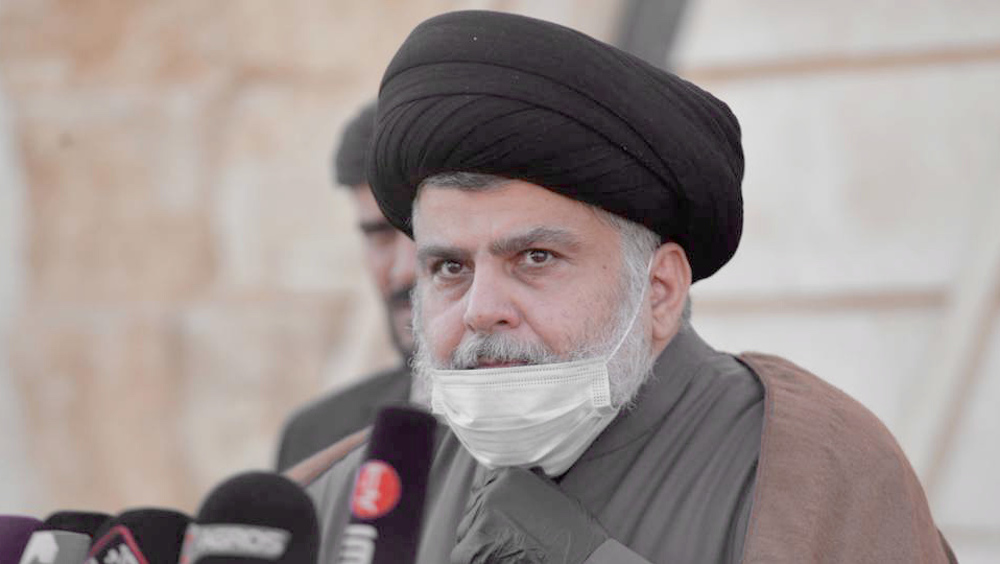

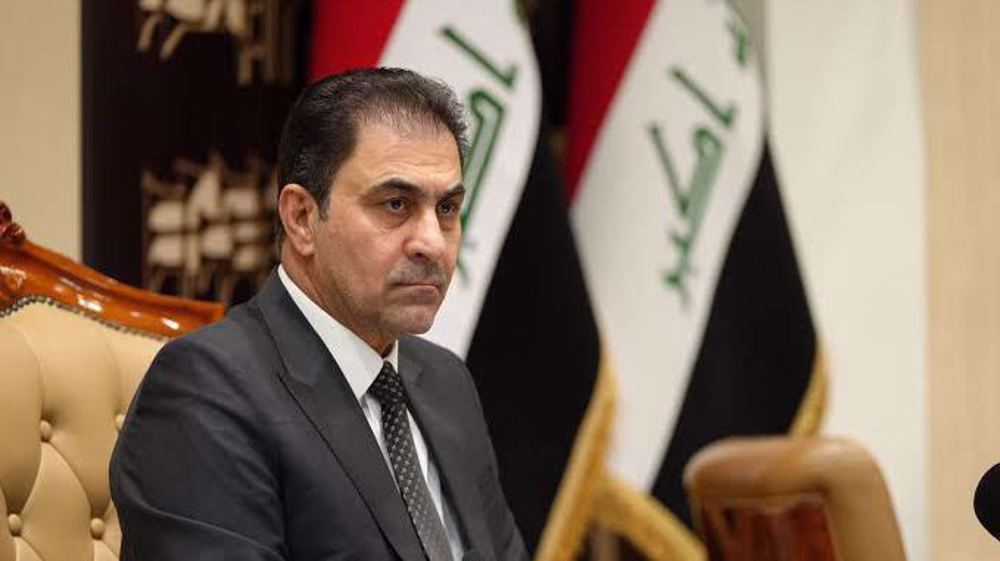
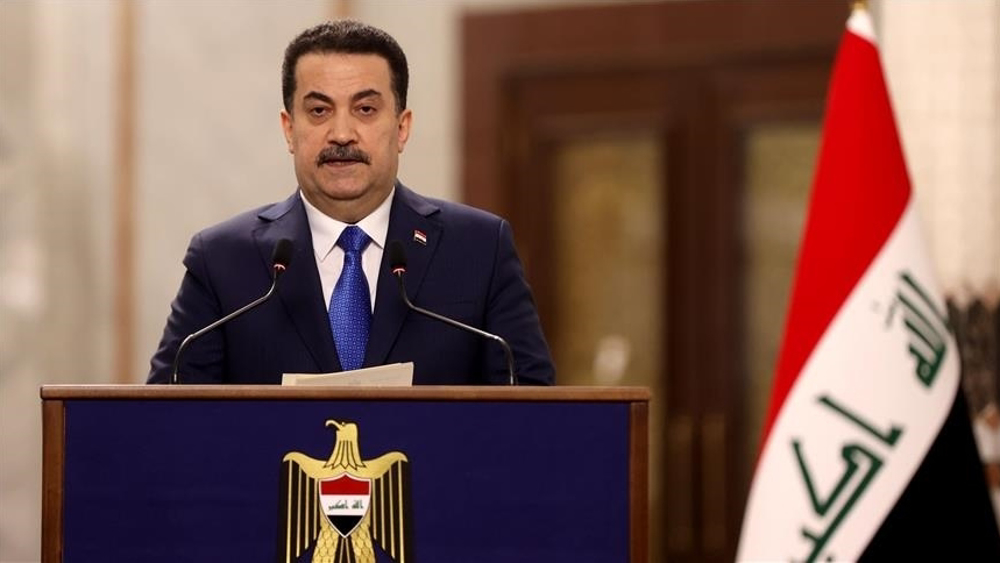
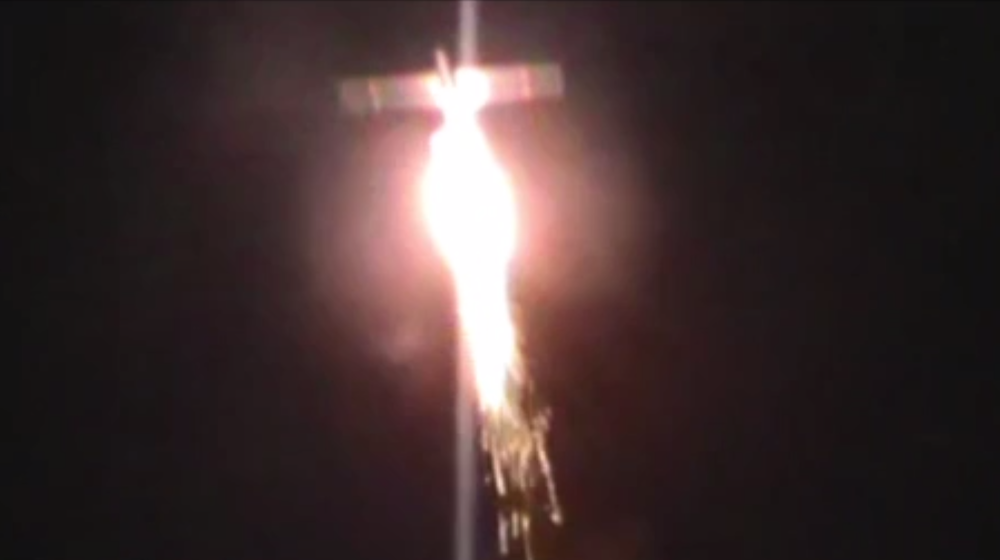



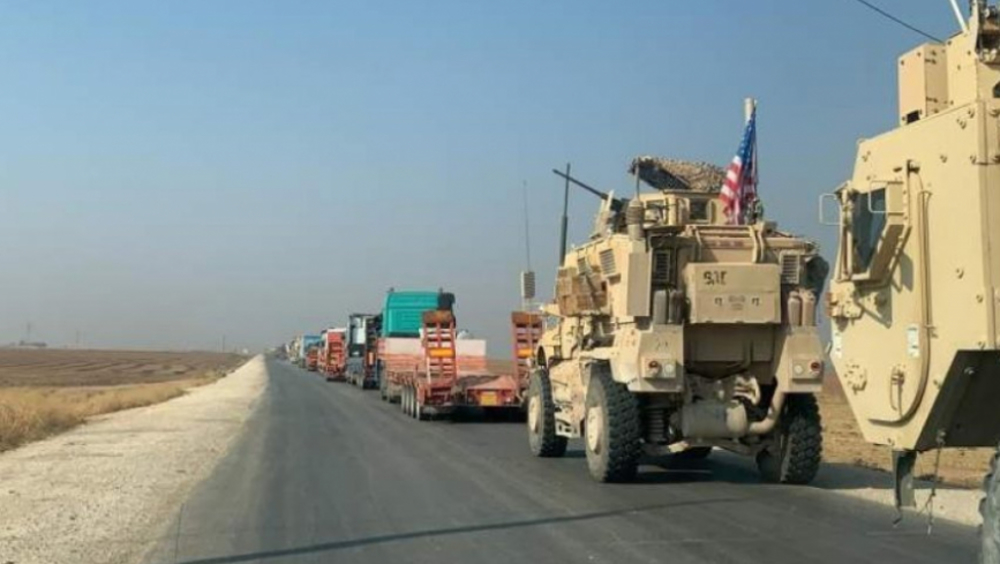
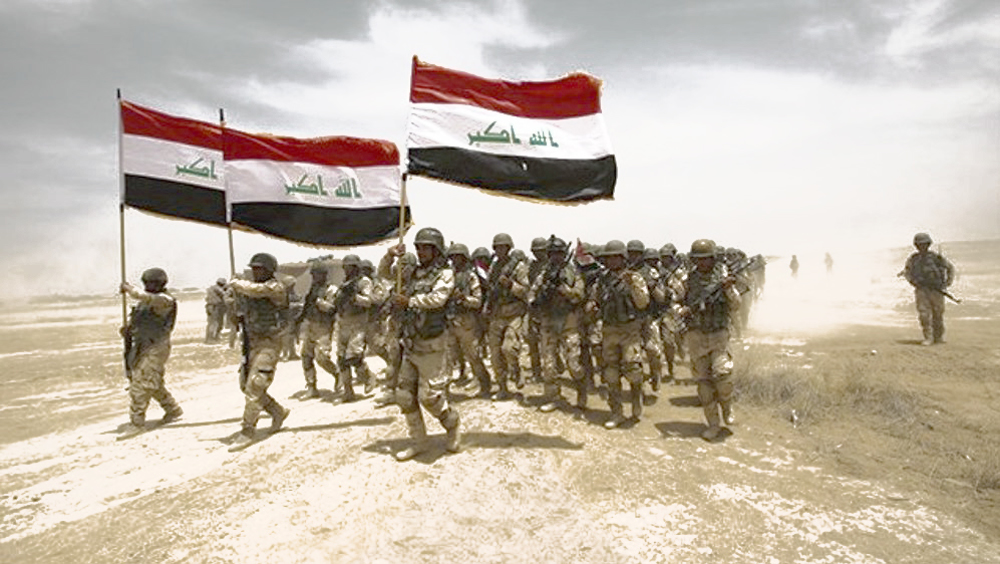

 This makes it easy to access the Press TV website
This makes it easy to access the Press TV website